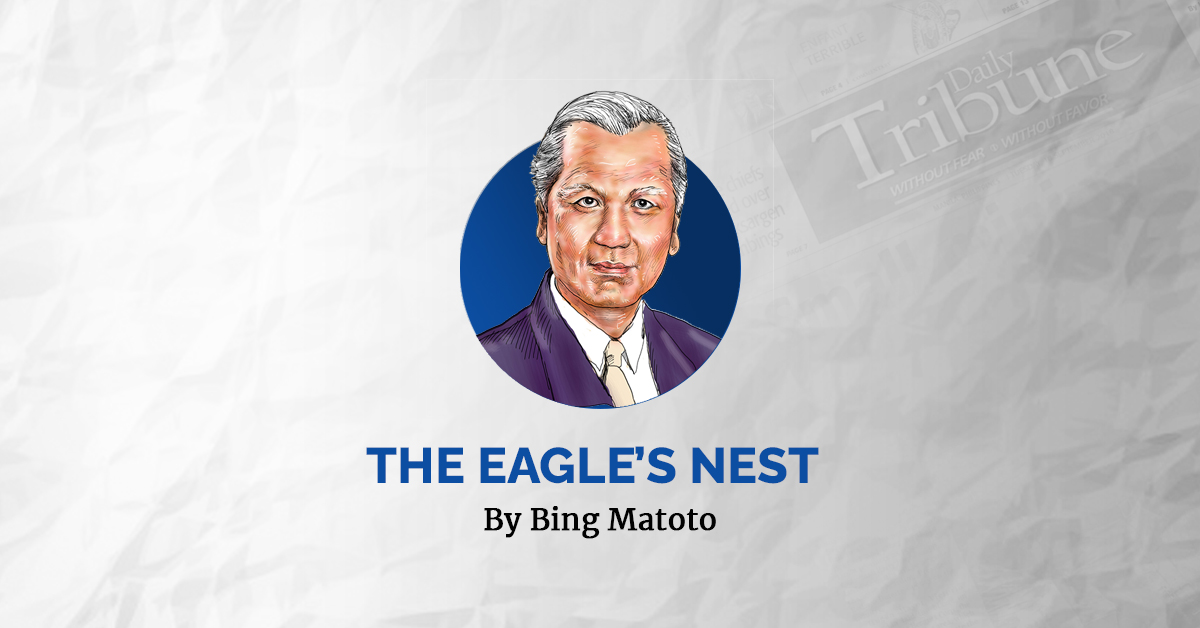After visiting FDR’s museum in Hyde Park and musing about the life of Alexander Hamilton, the next American icon that I checked out was George Washington, Founding Father and the first President of the United States. For this, I traveled all the way to Alexandria in Virginia to his 8,000-acre farming estate in Mount Vernon that offers a fantastic view of the Potomac River; it is about a 30-minute drive from what is now Washington DC.
This well preserved estate is reputedly the most popular historical home in the US and receives about a million tourists yearly. Like other gawking visitors, I imagined how the great Washington must have dined, entertained and hosted at night for various friends, family and renowned personalities of his time (reportedly as much as 617 guests on one occasion) in any of the elegant 21 rooms of the mansion, punctuated by 18th century English furnishings and unmistakably dominated by the soft color of pastel green accentuating the verdant grass abundantly covering the estate.
Taking a break from the tour to rest my aching knees, I sneaked toward the back of the house and sat in one of the Windsor chairs in the veranda on the eastern side of the mansion that had an unobstructed close-up view of the bluish-colored Potomac River separating Maryland and Virginia. It was breathtaking!
At the age of 20, Washington inherited about a third of this wide expanse of land from his half-brother Lawrence, with the bulk from his wife Martha, who in turn had inherited it from her first husband.
Washington was a farmer at heart more than a soldier. He avidly farmed the estate and grew wheat, tobacco, cotton, corn, various vegetables and, as trivia for the whiskey tipplers, even had a whiskey distillery, which was said to be the largest in America during his time; it was producing 11,000 gallons of rye whiskey primarily for export. Compared to today’s world, that’s comparable to the stature of the reigning top honchos of a conglomeration of Lucio Tan’s tobacco and Andrew Tan’s liquor, combined with Gokongwei’s food businesses. No wonder Washington was not keen to stay on as the leader of a still very much unstable and bickering nation barely learning how to walk.
Interestingly, in an era of acute sensibilities among Americans on the issue of race, that “Black Lives Matter,” ironically, despite the controversy over the immorality of slave ownership during his time, Washington himself had 317 slaves working in his Mt. Vernon estate. It was perhaps a question of the economic realities of having to manage his huge estate and the contentious politics that Washington had to contend with to maintain peace and stability among his other slave-owning constituents that caused him to continue to own slaves. This was inspite of the Washington-led Revolutionary War’s inspiring and heart thumping preamble in the Declaration of Independence that says, “We hold these truths to be self-evident, that all men are created equal, that they are endowed by their Creator with certain unalienable rights, that among these are Life, Liberty and the Pursuit of Happiness.”
It was only upon Washington’s death in 1799 that 123 slaves he personally owned were freed, while the rest were emancipated when his widow passed soon after in 1802. To America’s discredit, it would take 14 more presidents and 76 more years before the slaves were to be declared free under the Emancipation Proclamation of Abraham Lincoln.
Surprisingly, Washington’s military career was not always stellar. In May 1754, serving under the British, at the height of the French and Indian War, under Washington’s command, 40 Virginians and friendly Indians raided and killed a 50-strong contingent of French and Indian soldiers who apparently were on a diplomatic mission. He was then branded as a war criminal, and in the Battle of Necessity two months after, outmanned and outgunned, he surrendered to the French. This was the only blot in his military career. He would go on to win the Battle of York that spelled the demise of Britain’s rule over America.
Until next week… OBF!
***
For comments, email bing_matoto@yahoo.com
